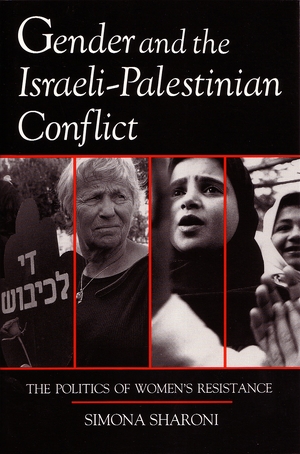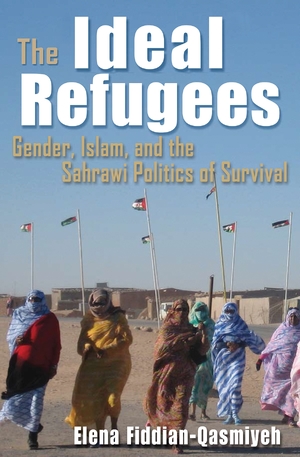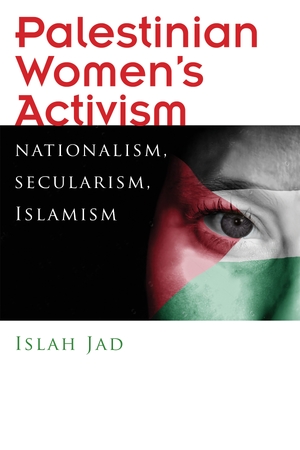Description
Simona Sharoni’s innovative approach to the conflict in the Middle East stresses the relationship between gender and politics by illuminating the daily experiences of women in Israel and in the occupied West Bank and Gaza Strip. Among the issues explored are the connections between the violence of the conflict and the escalation of violence against women; the link between militarism and sexism; and the role of nationalism in building individual and collective identities. Sharoni also shows the impact of Intifada (the Palestinian uprising in December, 1987) on the Palestinian and Israeli women’s movements. While women’s coalitions such as these are critical subjects in and of themselves, the actions of marginalized women are rarely, if ever, given serious treatment in the study of international relations. With this book, Sharoni creates an aperture for the emergence of new perspectives and alternative methods in the development of a new vision in global politics and gender equality. The interdisciplinary scope of the book will make it valuable to scholars of political science, women’s studies, conflict resolution, and Middle East studies.
Table of Contents
1. Introduction
2. Feminist Theory, Gender Issues, and Middle East Politics
3. Nationalisms, Gender, and the Israeli-Palestinian Conflict
4. Palestinian Women's Resistance: History, Context, and Strategies
5. Palestinian Women and the Intifada
6. Israeli-Jewish Women's Struggles: History, Context, and Strategies
7. Israel-Jewish Women and the Intifada
8. The Politics of Alliances Between Palestinian and Israeli Women
9. Conclusion
Notes
Bibliography
Index
About the Author
Simona Sharoni, a feminist scholar and activist, is professor of women’s and gender studies at Merrimack College.
Related Interest
Series: Syracuse Studies on Peace and Conflict Resolution
6 x 9, 212 pages, 19 black and white illustrations
March 1995




